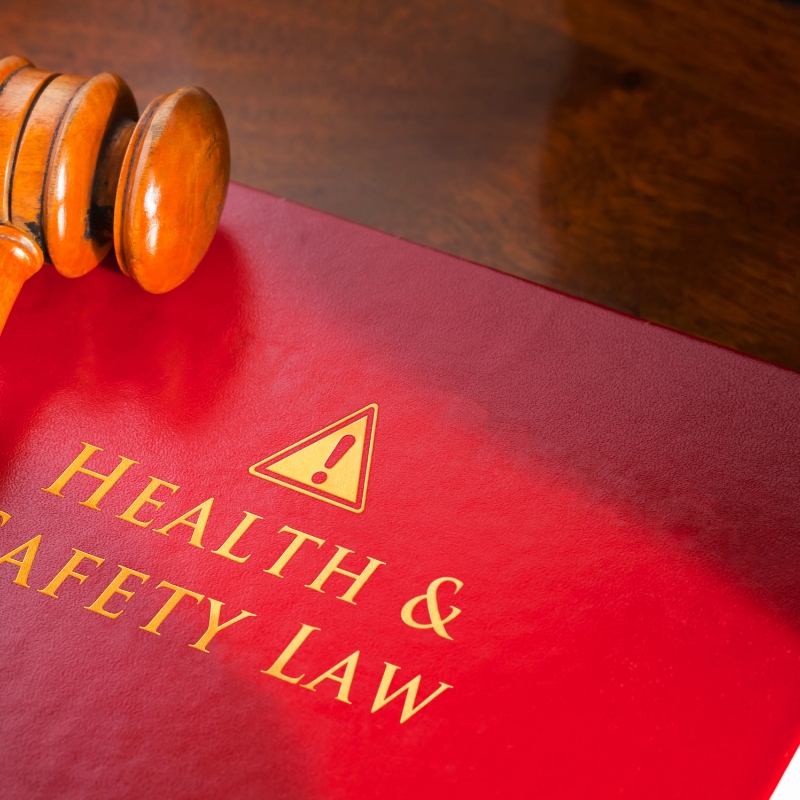Law
Food Safety Law Vietnam 2024
Introduction to the Food Safety Law Vietnam 2024

Key Updates and Changes in the 2024 Food Safety Law
- Enhanced Food Safety Standards: The 2024 Food Safety Law introduces stricter food safety standards to prevent contamination and ensure the quality of food products. These standards cover all stages of food production, from raw materials to processing, packaging, and distribution.
- Strengthened Regulatory Framework: The law establishes a more robust regulatory framework, empowering relevant authorities to conduct regular inspections and enforce compliance. This includes more frequent checks on food establishments and stricter penalties for violations.
- Improved Labeling Requirements: Under the new law, food labeling requirements have been updated to provide clearer and more comprehensive information to consumers. Labels must include details on nutritional content, allergens, and expiration dates, helping consumers make informed choices.
- Expanded Scope of Food Safety Measures: The 2024 revisions expand the scope of food safety measures to cover a broader range of food products and processes. This includes the regulation of food additives, packaging materials, and imported food products.
- Strengthened Traceability and Recall Procedures: The updated law emphasizes the importance of traceability in the food supply chain. It introduces measures to improve the tracking of food products from production to consumption, facilitating quicker recalls in case of contamination or safety concerns.
- Enhanced Consumer Protection: The new law includes provisions to protect consumer rights and interests. This includes mechanisms for reporting food safety issues and seeking compensation in cases of harm caused by contaminated or unsafe food products.
Implications for Businesses
- Compliance and Implementation: Businesses in the food industry must adapt to the new regulations and ensure compliance with the updated standards. This may involve revising internal procedures, updating labeling practices, and enhancing quality control measures.
- Increased Costs: Adhering to the new food safety standards may lead to increased operational costs for businesses. This includes investments in quality control, staff training, and compliance with labeling requirements.
- Enhanced Market Opportunities: While there are challenges, the updated law also presents opportunities for businesses to enhance their reputation and gain consumer trust. Companies that demonstrate a commitment to food safety and quality can benefit from increased consumer confidence and market share.
- Need for Ongoing Monitoring: Businesses must stay informed about any further updates or changes to the Food Safety Law. Ongoing monitoring and adaptation are crucial to maintaining compliance and avoiding potential penalties.
Implications for Consumers
- Increased Confidence in Food Safety: Consumers can expect higher food safety standards and better protection against unsafe food products. The updated law aims to reduce the risk of foodborne illnesses and ensure the quality of food products available in the market.
- Better Information: Improved labeling requirements will provide consumers with more detailed and accurate information about the food they purchase. This enables them to make healthier and more informed choices.
- Enhanced Protection: With strengthened consumer protection measures, individuals can report food safety issues more effectively and seek redress in cases of harm. This contributes to a safer and more transparent food environment.
Impact on the Food Industry
- Adapting to New Standards: The food industry must navigate the changes introduced by the 2024 Food Safety Law. This requires adapting to new standards, implementing robust quality control measures, and investing in staff training.
- Opportunities for Innovation: The revised law encourages innovation in food safety practices and technologies. Companies that invest in advanced solutions for quality control and traceability can gain a competitive edge in the market.
- Collaboration with Authorities: Effective collaboration between the food industry and regulatory authorities is essential for successful implementation of the new regulations. Businesses should engage with relevant agencies to ensure compliance and address any challenges.

Conclusion
The Food Safety Law Vietnam 2024 represents a significant step forward in ensuring the safety and quality of food products in the country. By introducing stricter standards, enhancing regulatory frameworks, and improving consumer protection, the updated legislation aims to create a safer food environment for all. While businesses may face challenges in adapting to the new regulations, they also have opportunities to enhance their market position and contribute to a healthier food supply chain. Consumers, in turn, can benefit from increased confidence in the safety and quality of the food they consume. As Vietnam continues to evolve its food safety practices, the 2024 Food Safety Law sets a new standard for the industry and underscores the importance of ongoing vigilance and compliance.
Learn more: zgladnews

